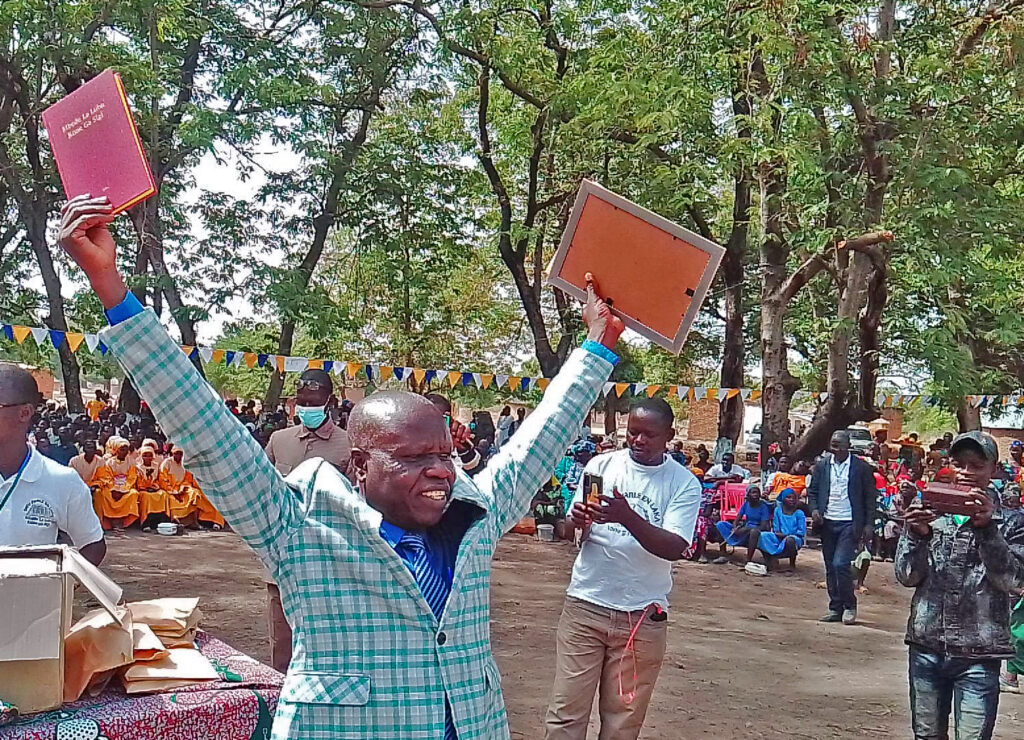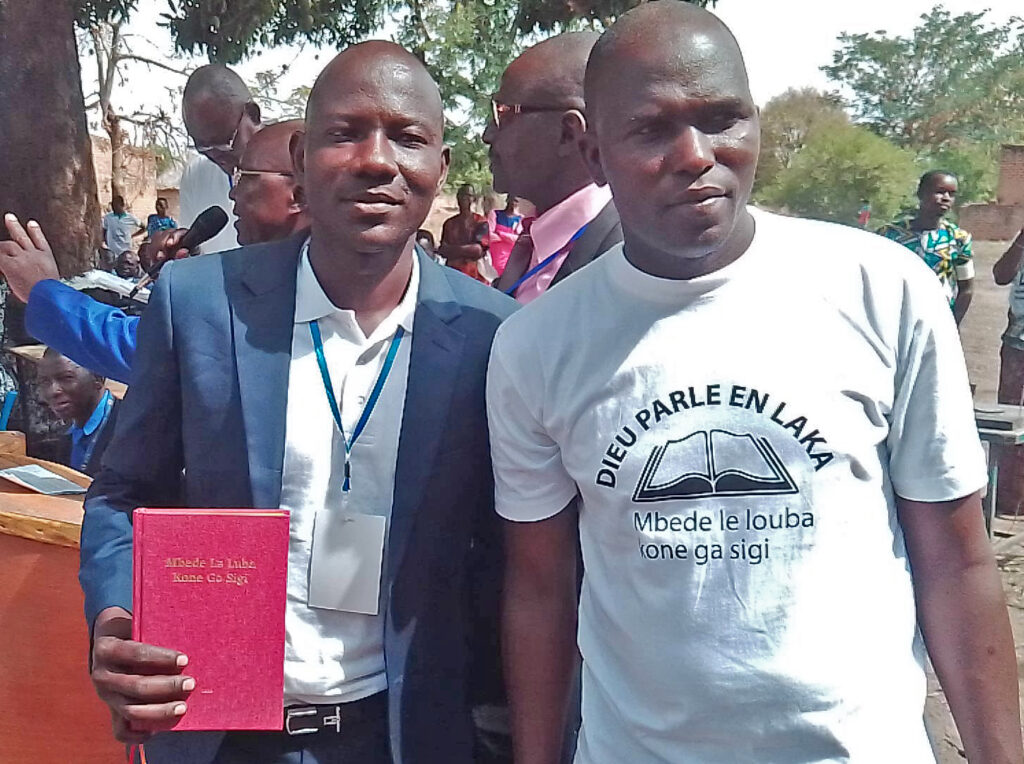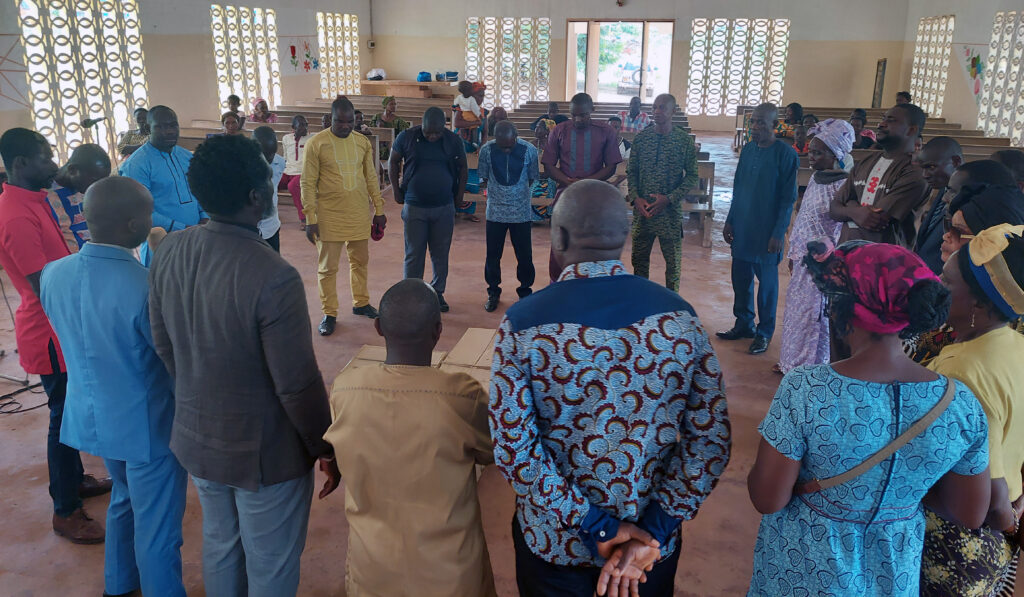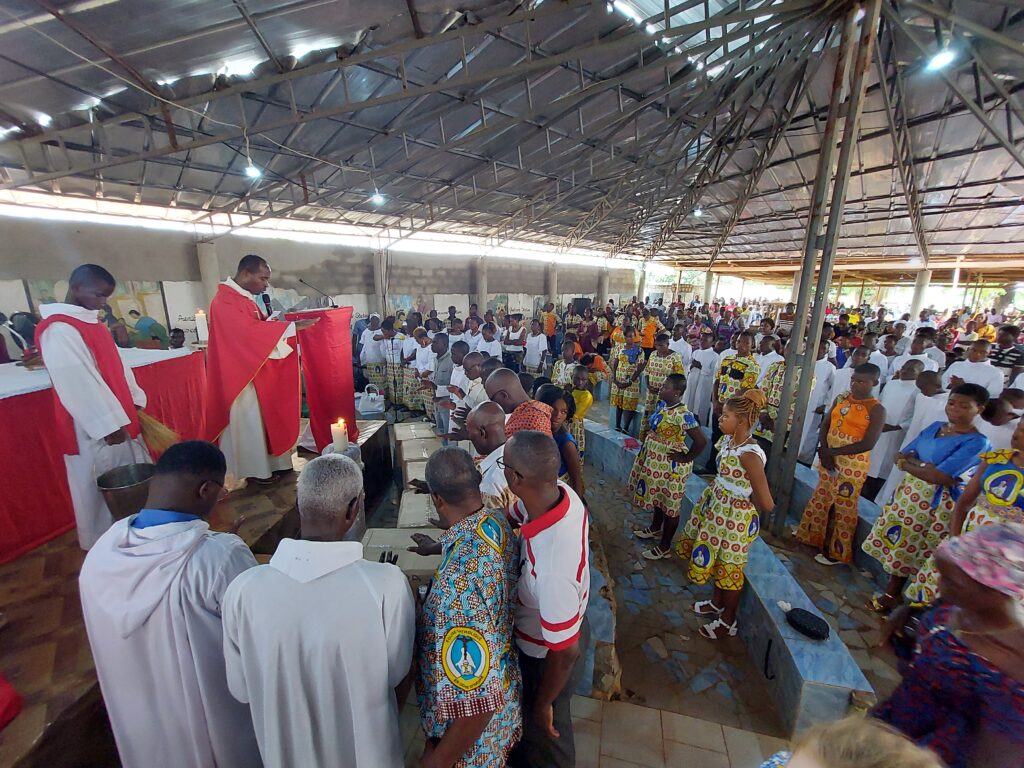The Ultimate Hug-filled Family Reunion
In Genesis 45:–46:30, the Joseph story becomes more about Jacob. At this juncture, a caravan of donkeys, laden with all the treasures of Egypt, is making its way to Canaan. All of Jacob’s family are gathering to feast. Jacob might be thinking: Mission accomplished! My boys did well. Such provisions! We will have enough food to get through the famine.
This “super-spreader” family reunion boggles the mind and would break all large group gathering protocols in our COVID-19 era. But this story is about more …
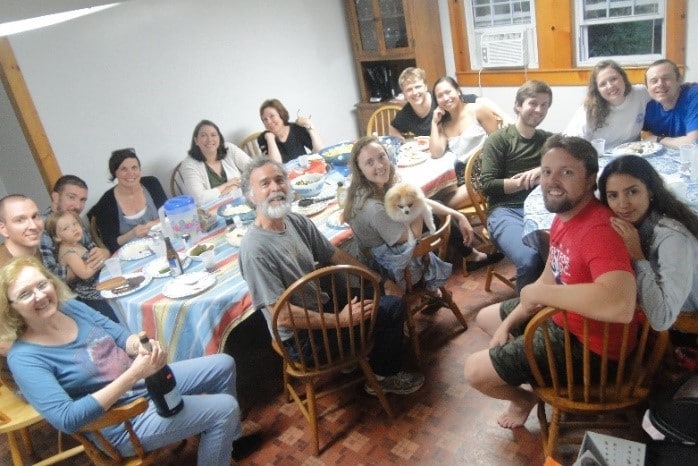
Jacob’s unbelievable reunion. A reversal of fortune awaits: The lost is found, the dead bought back to life. “He is alive!” declare Joseph’s brothers with all the gusto of those followers of Jesus that glorious first Easter morning.
Still, nothing quite prepares Jacob (aka Israel) for the shocking news: “Joseph is still alive! In fact, he is ruler of all Egypt” (45:26). This unexpected news overwhelms Jacob. Upon hearing Joseph is alive after a 22-year absence, Jacob did not believe it. But then donkey carts of abundance make the case that Joseph rules Egypt and rains blessing on his family.
Jacob’s unspeakable joy. The prospect of Jacob’s reunion with a son given up for dead reminds us of Jesus’ parable of the father who lost a son, only to see him return penniless and penitent. That waiting father greets that long-lost Prodigal and throws a party. All is forgiven as he celebrates new life. (See Luke 15:11–32 for this comparable father-son reunion.)
But the comparison stops there—with unspeakable joy. In our Genesis story, it is the son who forgives past sins … who throws a party … who invites the father to enjoy the fruits of coming home. Joseph and the Pharaoh have spared no expense. The caravan of carts to escort them and the banquet table to feed everyone are at the ready. But wait …
Jacob’s irrevocable decision. Whether to build a nation (Israel) within another nation (Egypt)—that question weighs heavily on him. Jacob knows there is no round trip this time.
Pulling up stakes, leaving a familiar homestead, and moving to a land of foreign gods and customs—that is hard enough. But to live among people who detest you and treat your profession as “dirty” (46:34)—that is unbearable. Persecuted minorities in our midst today share this same dilemma: to move or not. So, Jacob chooses higher ground.
Impulsive by nature and chastened by loss, Jacob has finally learned to seek the Rock of his salvation. To clear his head, he heads south up to Beersheba—a sacred space where Abraham and Isaac had also sought the Lord in a crisis of faith (21:33; 26:23–25). There God reminds him this move fulfills their covenant promise (46:1–4).
Jacob’s renewable covenant. He needs reassurance from the Lord, before making such a life-altering, no-turning-back move—and receives it! This move would impact not only his immediate family, but also Israel’s legacy for generations to come.
With new-found confidence and hope, Jacob (Israel) acts in faith on this everlasting covenant. With God’s blessing, a “great nation” will come out of this move. So, Jacob beckons all his descendants: “Round ‘em up and head ‘em out!” Off to Egypt they go.
If God were calling you to a New Normal—much as he did Jacob—what would God be asking you to leave behind? What would you be sure to take with you?
For this venture to Egypt, Jacob is told to bring all his sons, their wives, and their families—but no belongings (45:20). Huh!? Why can’t they take their stuff with them?

Jacob’s incredible blessing. No need to take it with you, when Pharaoh and Joseph supply every need from the “fat of the land” in Egypt, both for Jacob’s journey from Canaan and for resettlement in Goshen (45:16–20). Such traveling mercies are providential, meant to speed Jacob on his way. Still, Jacob & Sons manage to take not just their wives and kids, but also their possessions and flocks (46:5–7).
Their lives and livelihood are at stake; they will not be denied. They will be counted. All Jacob’s sons, grandsons and daughters are named here—66 in all. When you add in Joseph, his wife and their two sons already in Egypt, as the author of Genesis does, that makes for 70 altogether (46:8–27).
The next scene (46:28–30) is all about long hugs and joyful tears. No words spoken. Father and son reunite and hold tight, not wanting to let the other go. Finally, Jacob pulls away to wipe tears, cup Joseph’s face in hand, and declare his life complete.
Jacob’s undeniable wish. Jacob’s one wish was to see Joseph before he died (45:28; 46:30). Do you have one deep “heart-felt ”—something you hope and pray to see realized before too long? Have you shared it with the Lord? What is it? What would you be willing to sacrifice toward that end?






























































